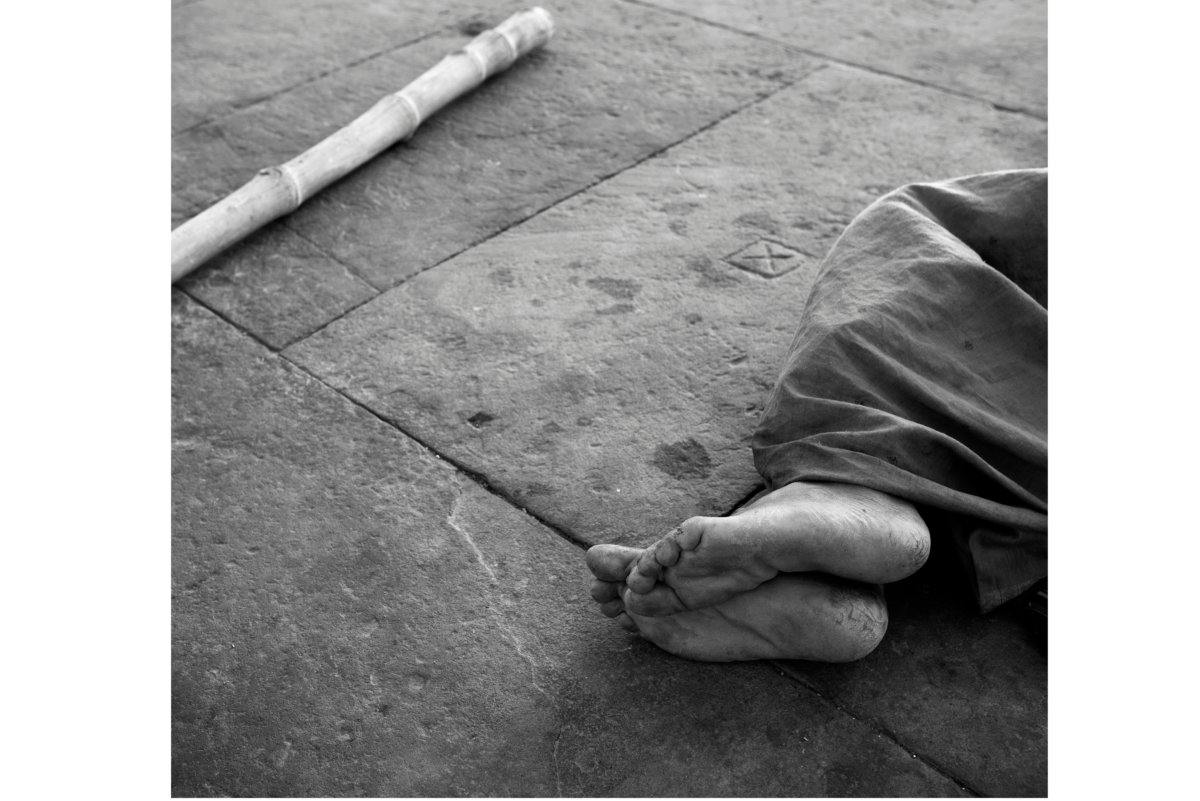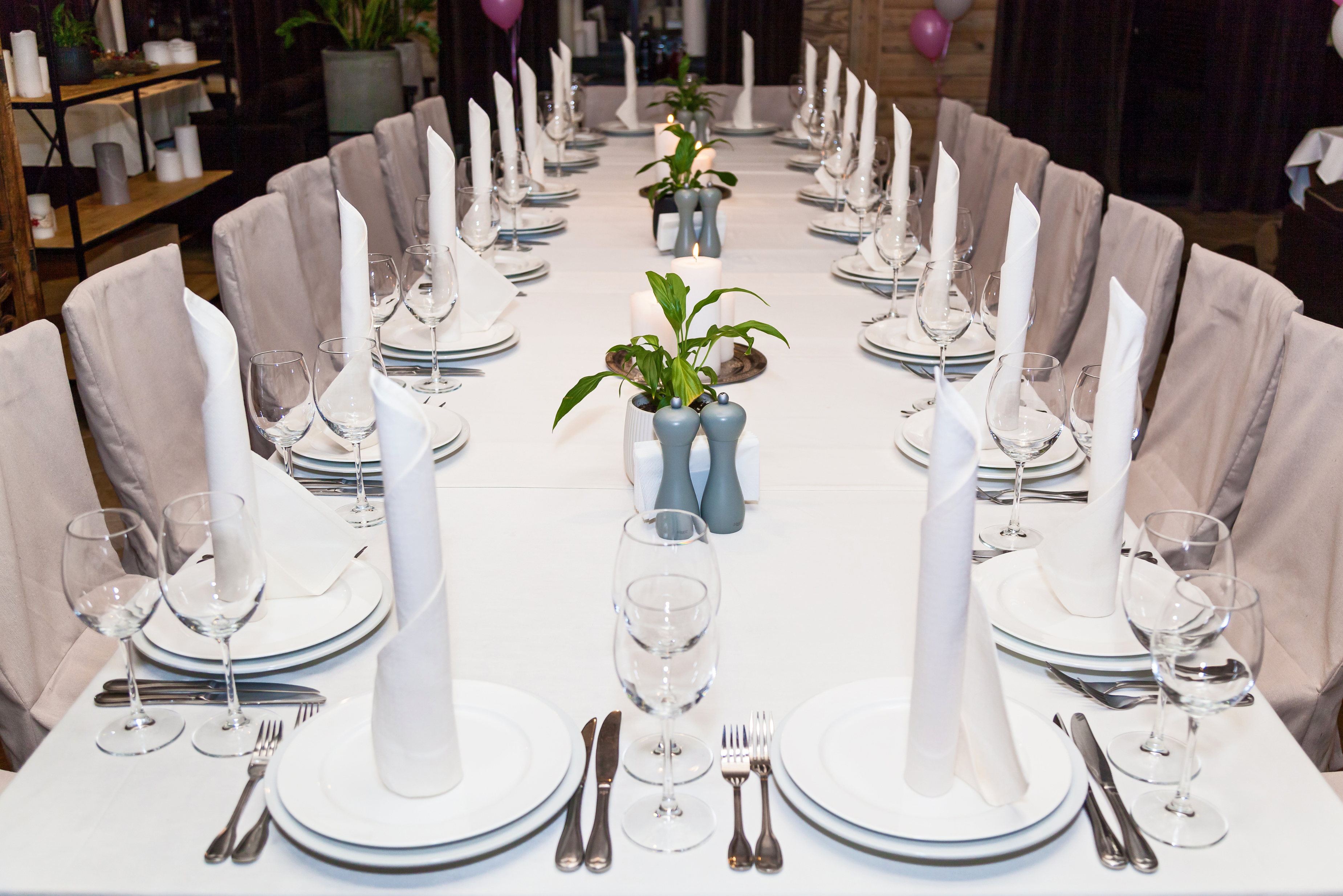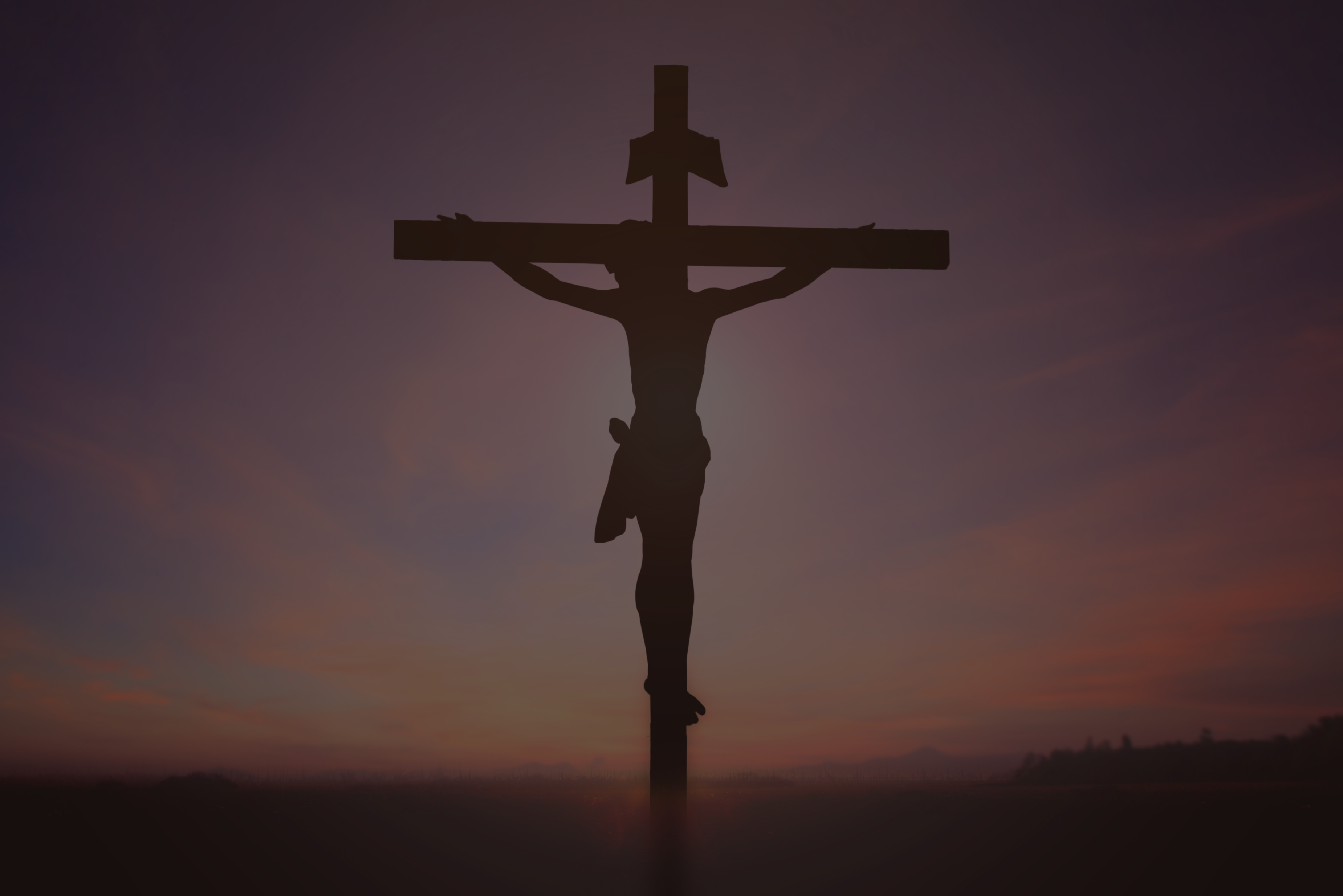Preferred Seating
Luke 14: 1, 7-14
Twelfth Sunday after Pentecost
Analysis by Bruce K. Modahl
1On one occasion when Jesus was going to the house of a leader of the Pharisees to eat a meal on the sabbath, they were watching him closely. … 7When he noticed how the guests chose the places of honor, he told them a parable. 8When you are invited by someone to a wedding banquet, do not sit down at the place of honor, in case someone more distinguished than you has been invited by your host; 9and the host who invited both of you may come and say to you, ‘Give this person your place,’ and then in disgrace you would start to take the lowest place. 10But when you are invited, go and sit down at the lowest place, so that when your host comes, he may say to you, ‘Friend, move up higher’; then you will be honored in the presence of all who sit at the table with you. 11For all who exalt themselves will be humbled, and those who humble themselves will be exalted.”
12He said also to the one who had invited him, “When you give a luncheon or a dinner, do not invite your friends or your brothers or your relatives or rich neighbors, in case they may invite you in return, and you would be repaid. 13But when you give a banquet, invite the poor, the crippled, the lame, and the blind. 14And you will be blessed, because they cannot repay you, for you will be repaid at the resurrection of the righteous.”
Finally, Jesus took the lowest seat of all, the one provided on the cross. It was the seat reserved for the lowest of the low.
DIAGNOSIS: Musical Chairs
Step 1: Initial Diagnosis (External Problem): Two Vignettes: Movin’ On Up, Part 1
1. The pastor knew the attendance at the 7 pm Ascension service was going to be slim. He asked the ushers to stand in the center aisle in the front of the church. His hope was that those attending the service would walk to the ushers and then fill in the pews from the front.
As people trickled in, they gave the ushers a glance as they took seats in their accustomed places. A few of them walked up to the ushers for a bulletin and walked back to where they wanted to sit. The pastor came out and asked them to move forward. “We will hear better. We will sing better. Our community will be better,” he said. With pained expressions, a few people moved up. Most stayed put. The ushers had to walk the bulletins to where people were seated.
2. The host pastor for the bishop’s installation service walked up the line of clergy assembling for the procession. She was looking for the preacher to tell him a crucial bit of information about the pulpit microphone. The grand marshal for this parade intercepted her. He said, “This area is for synod staff, worship leaders, and special guests. You belong at the back of the line. And take off that pectoral cross. Only the bishop wears a pectoral cross.”
As she walked to the back of the line, she fumed to herself, “Fine! No one will hear the sermon. And I’ll be d**ned before I take off this cross.”
Step 2: Advanced Diagnosis (Internal Problem): Nobody Is Going to Tell Me What to Do
The moral of the stories is that preferred seating—or a place in the processional, as the case may be—is the place I choose for myself or for you. What’s missing is the ounce of humility that tempers ego and pride.
Jesus makes wry observations about the ridiculous jockeying for position, guest lists, and seating charts ordered by rank. Jesus was invited to a Sabbath meal at the home of a leader of the Pharisees. In the verses excluded from this pericope (vv. 2-6), under the critical eye of the Pharisees, Jesus heals a man with a chronic illness. The man did not have an invite to the dinner.
Step 3: Final Diagnosis (Eternal Problem): Disinvited
Bruised ego and wounded pride yield grievance. Grievance breeds resentment. Both burn holes in us, break the bonds among us, and set us at odds with God. According to the parable Jesus tells at the end of the banquet (vv. 15-24), God disinvites the A list to make way for the poor, crippled, the blind, and the lame to take the seats of honor.
PROGNOSIS: Christ the Victim, Christ the Priest, Alleluia
Step 4: Initial Prognosis (Eternal Solution): Jesus Takes the Lower Place
Throughout Jesus’ ministry he sought out those on the margins. He also spent a good deal of time with Pharisees to convince them that they were just as much in need of God’s grace as the sinners and tax collectors. Finally, Jesus took the lowest seat of all, the one provided on the cross. It was the seat reserved for the lowest of the low.
Certainly, others have suffered more than Jesus did. It is not the amount of suffering, but who it is that suffers and for what purpose.
The poet Denise Levertov reflects on a theme from the 14th-century mystic Julian of Norwich. The portions in italics are quotes from Julian.
One only is “King of Grief.”
The oneing, she saw, the oneing
with the Godhead opened Him utterly
to the pain of all minds, all bodies…
from the first beginning
to last day…
through those hours when He took to Himself
the sum total of anguish and drank
even the lees of that cup. …
And then God raised him from the dead. In doing so God shows us the future. According to Ted Peters, it is the future from which God creates and to which God pulls us. The future consummation of all things has appeared ahead of time when God raised Jesus from the grave.
Step 5: Advanced Prognosis (Internal Solution): Jesus Gives Us His Spirit
Ted Peters says, “The church is the historical arc between two terminals, Easter and the consummation.” The Holy Spirit, by water and the Word, works faith in us to draw us into that arc. The hymn “Come Down, O Love Divine” (ELW #804) sings of the flame the Holy Spirit kindles in our hearts. Stanza two proclaims,
Oh, let it freely burn, till worldly passions turn
to dust and ashes in its heat consuming:
and let thy glorious light shine ever on my sight,
and clothe me round, the while my path illuming.
The Holy Spirit kindles the flame that tempers our pride and ego. This flame has the power to create something new. As heat tempers iron to make steel so the Holy Spirit makes us by faith a part of God’s new creation.
Step 6: Final Prognosis (External Solution): Movin’ on Up, Part 2
The founders of West Denmark Lutheran Church brought a church bell with them when they came from Denmark to Wisconsin. Engraved on the bell are these words in Danish,
To Font and Table
To Prayer and Word
I call every seeking soul.
Nothing less than that is our privilege. Sunday after Sunday we receive an altar call to the Lord’s table. The meal is a foretaste of the heavenly banquet. Even those who occupy the preferred seats at the back of the church are welcomed. They may be fed last, but they are fed. They even get a bulletin.






You must be logged in to post a comment.